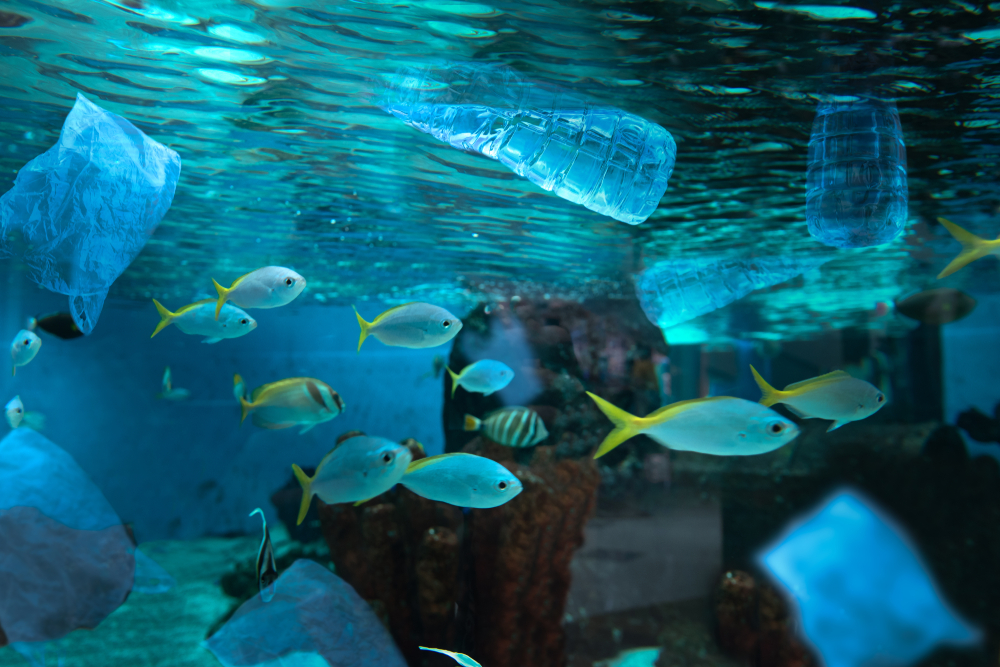

That is according to a new report by financial services firm Allianz, which warns that marine wildlife, fishing and aquaculture, coastal tourism and the shipping industry are all facing risks from ocean plastic waste.
Indeed, if the world’s oceans were an economy, it would be the seventh largest in the world, with the total value of its goods and services projected at $2.5trn every year.
If plastic production increases over the next few decades without new waste mitigation measures, the report claims that the economic cost could hit $229bn by 2030, and as much as $731bn by 2050.
"The ocean’s capacity to regulate our climate, provide food, and support livelihoods is being eroded by unsustainable practices and short-term thinking," said Barbara Karuth-Zelle, member of Allianz's board of management.
“This report serves as a stark reminder of the urgent need for action. It is a call to arms for governments, businesses, and individuals to recognise the critical role the ocean plays in our lives and to take decisive steps to safeguard its health and vitality."
Production processes of the energy, industrial and consumer staples sectors have the most damaging effects on ocean ecosystem services, according to the report, creating a “vicious cycle” that poses risks to industrial production itself.
Financing ocean conservation efforts is essential, but the annual financing gap is estimated at $150bn. The emerging market for carbon dioxide removal is another way to attract blue investments and boost ocean ecosystems.
However, the report stresses that the main solution lies in limiting plastic waste in the first place with circular economy principles, which could unlock economic benefits of $4.5trn as early as 2030.
Apart from recycling and upcycling, this would involve the use of practices such as industrial symbiosis – reusing the waste of one industry as inputs for another – or the production of renewable and biodegradable products.
“Plastic pollution is not only harming marine life but also impacting human health and economies,” Karuth-Zelle continued. “Industries that rely on the ocean are both contributing to its degradation and suffering the consequences.
“This report is a roadmap for action. It highlights the need for a holistic, cross-sector approach to ocean sustainability and a vibrant blue economy.
“Every piece of plastic avoided, collected recycled, every sustainable business practice adopted, every policy implemented contributes to the preservation and restoration of our ocean.”
Image credit: Shutterstock